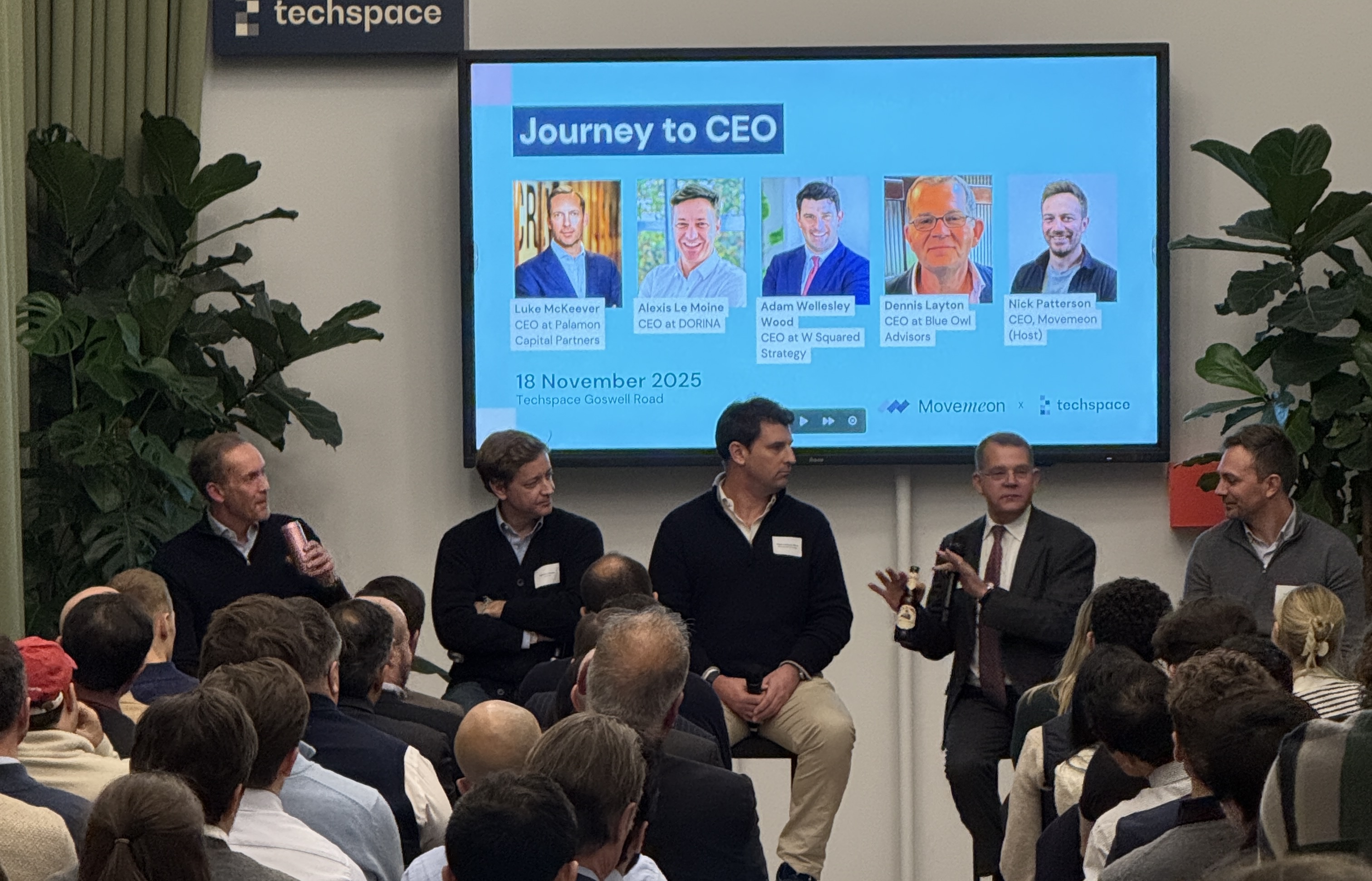Consulting: The leading incubator for start-up talent - Part 1

Table des matières
Balises
Abonnez-vous à notre newsletter
Jumia ($824m), Monzo (£325m), Transferwise ($773m), Funding Circle ($746m), Zopa (£360m), Qonto ($151m), Gocardless (£95m), Jobteaser ($75m), Innovafeed (€55m). Just some of the most well-known and celebrated start-ups. Four have reached unicorn status; the others are hoping to. And they were all founded or co-founded by ex-consultants.
In this article series, we look at why there are so many consultants founding successful businesses. We’d like to start by thanking the following for their time and great insights: Alexandre Prot (Ex-Mckinsey & Qonto founder), Aude Guo (Ex-Mckinsey & Innovafeed founder), Antoine Loron (Ex-Roland Berger & Hublo founder), Martin Pellet (ex-Kearney & LBF founder), Grégoire Schiller (ex-Roland Berger & Simundia founder), and Nick Patterson (ex-McKinsey & Movemeon co-founder).
The “consulting profile” and why some are driven to start companies
“Consultants that started with me at McKinsey had two things in common: firstly, they were some of the highest achievers I’ve met; secondly, they didn’t know what they wanted to do.” (Nick)
Consulting attracts high achievers as it is one of the most prestigious careers post-university. This is partly because the brands are so well-known across industries, but also because it is recognised as a career that opens doors.
The combination of high achievement motive, and uncertainty around what you’re looking to do - not a single founder interviewed had entrepreneurship in mind when they joined consulting - means there are a lot of consultants who look to leave after a few years.
Turnover is extremely high in consulting, and whilst some of that is driven by “up or out” policies, the majority of the people leaving do so because they didn’t want to follow the track to Partner. And this is commonly accepted within the business. People can therefore talk openly about leaving, and in return receive great advice that gives you the confidence to launch businesses. Interestingly, both Nick and Alexandre mentioned that consulting gave them the confidence to launch businesses.
Finally, and that’s more an explanation of numbers rather than success, consultants know they have a strong employer brand to fall back on in case it goes wrong. This also means you have some very marketable short-terms skills - the option of freelancing to supplement your income from a new business gives you more liberty to try and start something.
Consultants are great do-ers, despite what you may have heard!
The myth that consultants aren’t do-ers is regularly parroted. However, from what we’ve seen of peers and the consulting alumni community, quite the opposite is true.
In the early days of setting-up Movemeon, the most common challenge we’d hear from potential employers was that they didn’t want to hire consultants. They were concerned that, whilst they were very good at advising, they weren’t good at executing.
We couldn’t agree more on the importance of execution, but the common misconception about consultants not being good at delivery is just that - a misconception. Martin said that the high day rates charged by consultancies (especially strategy houses), and the high standards demanded by boards of large businesses, mean consultants have an obligation to deliver results and have to learn to deliver at pace.
On top of being good do-ers and dealing well with time pressure, consultants are also particularly good at multitasking. Alexandre, in the early days of Qonto, was able to work on strategy, finance, management, marketing and even office management. Antoine also highlighted that in a similar way to consulting, when you’re an early-stage founder you learn by doing.
Being good at multitasking, being good “do-ers”, and working with tight deadlines, it looks like early-stage start-ups have more in common with consulting than what we would have expected.
In the second part of this article - to be released in two weeks - we'll look at the key skills developed in consulting that help you launch and grow a start-up.
We’ve also published an in-depth interview with Innovafeed founder Aude Guo here.
At Movemeon, we connect (ex) consultants and freelancers with job opportunities, advice & events. Register now to view and apply to jobs, for insider advice & networking/industry events.
Where Talent Meets Opportunity
Our exclusive network use us to find job that fit their skills, and thousands of Employers trust us to hire exceptional talent. Choose the path that matches your goals - start exploring or start hiring.
Nos derniers articles
Nous publions régulièrement des articles actualisés pour vous tenir au courant de l'actualité du marché et de notre travail.
.png)
A record quarter for Private Equity deals sees a sharp hardening in the hiring market
Talent supply tightens as PE demand surges: Inside Q4’s hardest hiring market in two years, where Private Equity accelerates, scale-ups hold steady, and Large Enterprises struggle to attract strategy and transformation talent.

What we can all learn from Private Equity about talent - McKinsey, HBR and our analysis
Private Equity has become one of the most influential forces in business, outperforming public companies through disciplined value creation and exceptional talent strategy. This article explains how PE achieves its results and why demand for ex-consulting talent is rising across the industry.
Joignez-vous à notre offre exclusive communauté mondiale
Recevez des données et des informations exclusives sur les salaires, l'analyse comparative, et des entretiens avec l'industrie pour bâtir une carrière qui vous convient.
Créez un compte dès aujourd'hui et commencez à rechercher des rôles dans moins de cinq minutes.





